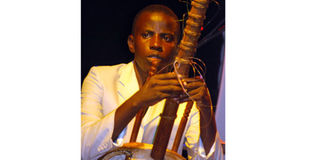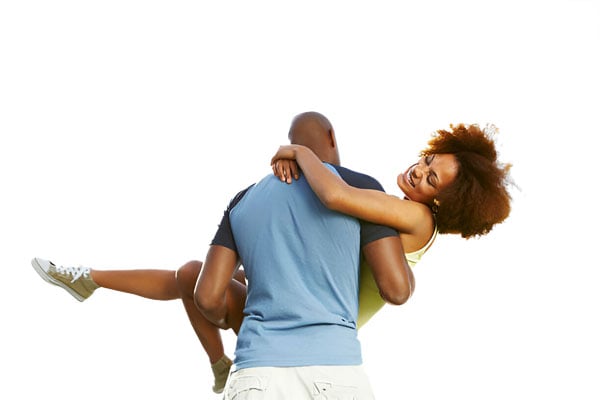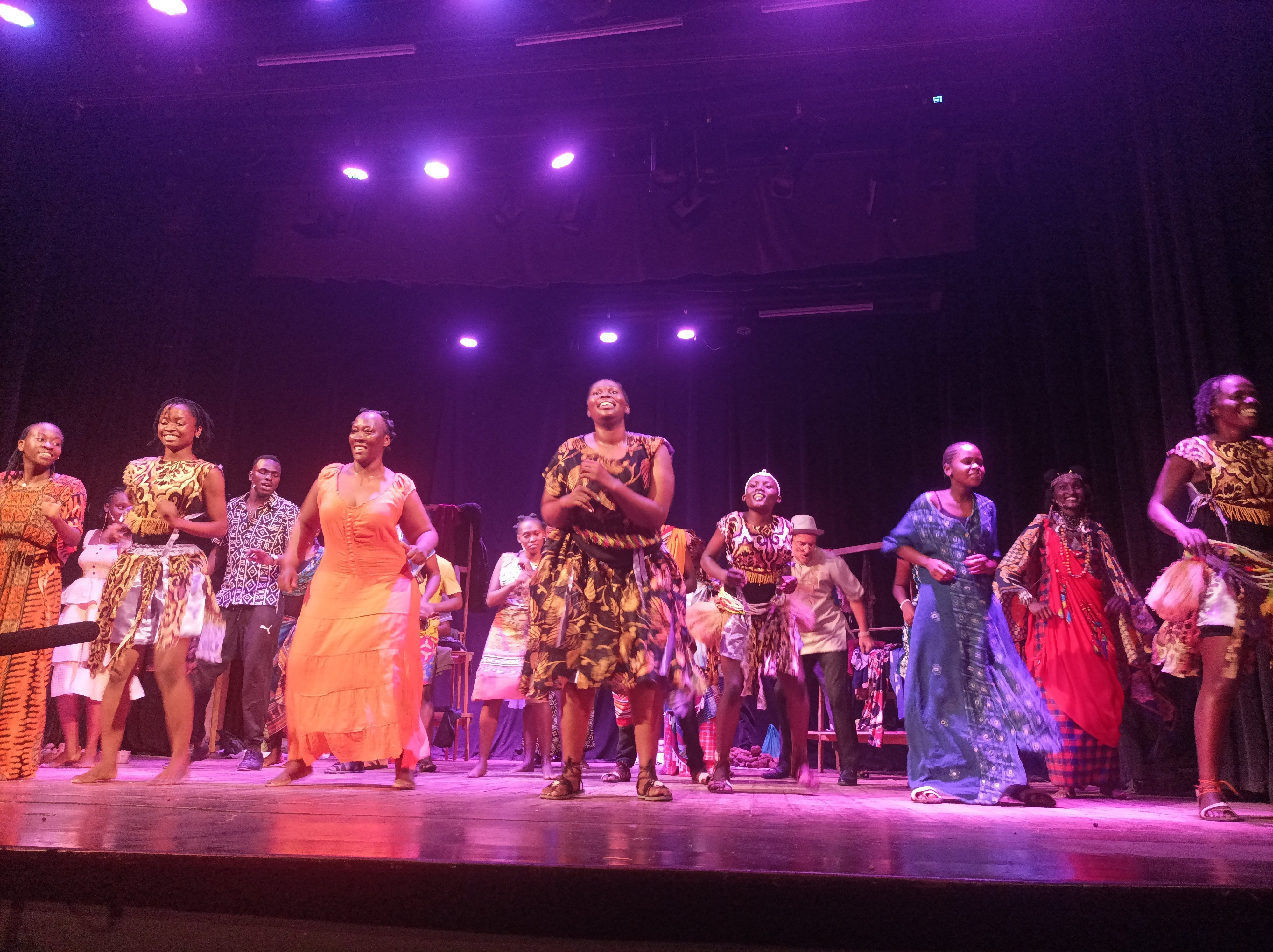Joel Sebunjo’s musical journey

Sebunjo displays his coveted musical instrument, the Kora.
What you need to know:
Joel Sebunjo is arguably one of Uganda’s most recognised young folk music artistes. He has, over the years, crossed international borders, sharing and presenting his sounds and performed alongside legendary musicians like Yossou N’dour, Salif Keita, Miriam Makeba, Oliver Mtukudzi and Didier Awadi. He is a multi-instrumentalist and Kora maestro. He spoke to Edgar R. Batte about his love for the Kora.
Where did your love for the Kora begin?
My first encounter with the Kora was around 1999. I was on a performing visit to Denmark when I met Toumani, a very famous Kora player from Mali. The sound and instrument moved me and I made a decision there and then that I had to discover the Kora.
Why the Kora of all instruments?
The Kora is very unique is sound and sights. With it, you can reasonably do anything musical, from reggae to jazz to soul to Afro-beat and many other music styles. It is so rare for an African instrument to vary that much. But the Kora is that. The sound of the Kora touches the heart; it’s much more than an instrument.
When did you learn how to play the Kora?
In 2005, I made my first Kora exploration. I moved to Senegal and the Gambia just to learn how to play the instrument and develop a unique singing style. I learned from some of the best masters there are in West Africa. So since that time, I am a frequent traveler to several west African nations just to invent Kora styles.
How would you describe your connection with the instrument?
To me, the Kora brings out the dreams in me. What I dream is what my fingers stamp on my Kora strings; dreams of a positive Africa, a colourful Africa, a bright Africa. The Kora is a key part of my personality.
How many music albums have you produced?
I have an album with Kora called Ganda Mande Crossroads. I am finishing my second album with Kora that will be released early next year.
Where did you buy your first kora?
My first Kora was a gift from my Master in Gambia. Jali Alagi was happy with my progress, so he offered me his personal Kora as a gift. I still have it at home.
At how much did you buy your first Kora?
I bought my first Kora at $300 (about Shs750,000). I now I use the electric Kora that costs 1,200 Euro (about Ushs4 million).
Now that you got it, how is life living with your favourite instrument?
I am living my dream, of being part of the legions of Africa’s Kora players.
You have travelled the world with this Kora. Where did you first perform with this music instrument?
I first performed with it in Sweden on a tour in 2007.
How does your Kora produce music?
The Kora produces music when you pluck the strings. The 21 strings vibrate through a wooden bridge attached to a calabash with a cow skin.
How do you market yourself as a musician?
Personally the Internet is key in diffusion. I have fan pages; I have online platforms for listening to my audio and watching the videos.
How do you land gigs such as the one you are on in Paris?
I work with booking agents in Europe who take care of my business and image.
You now have an electric Kora; how does it compare to the one you had before?
The electric Kora is now the epitome of Kora music. All world leading artistes are using this model. The sound is crystal clear, well amplified and easily tuned to perfection, so even in winter the Kora still keeps its key.
Which Kora players do you respect world over and why?
Toumani Diabate from Mali. He is a genius. He makes the Kora sound like a 10 man band team with just two hands.
What have you been able to achieve as a result of playing the Kora?
Generally, my music has gone pan Africa... from East to West Africa, audiences can relate because the Kora now acts as the bridge between these two unique yet very much similar regions of Africa.
Which other music instruments can you play?
I can play the endongo, amadinda, trumpet, and drums.
Who’s Joel Sebunjo away from the musician?
Joel Sebunjo is a laid back person. I spend time reading a lot because I like to discover the reality. I read a lot of Afro-centered publications. I also enjoy spending time with friend because I like chatting.




